Myanmar, Oct 16 (V7N)- The head of Myanmar's military government issued another call on Tuesday for ethnic rebel groups to participate in peace talks, marking the second time in less than a month that the ruling generals have promoted negotiations. Senior General Min Aung Hlaing's appeal was broadcast on state television during the ninth anniversary of the signing of a nationwide ceasefire agreement. Although about half of the nation's 21 ethnic armed organizations initially agreed to the accord, some have since abandoned it.
Last month, the military extended its most direct invitation for peace talks since seizing power from Aung San Suu Kyi's elected government in February 2021. Aimed at both ethnic groups and pro-democracy forces that have taken up arms, the invitation was swiftly rejected. In Tuesday's brief address, Min Aung Hlaing reiterated that the military council would adhere to the framework of the existing ceasefire agreement and urged ethnic groups to resolve their issues through dialogue.
“Wishes can’t be achieved through armed violence but through political negotiations and peaceful dialogue,” Min Aung Hlaing stated.
For decades, Myanmar has experienced cycles of ceasefires, which have brought temporary peace but failed to result in a comprehensive political settlement granting ethnic groups the autonomy they seek in the regions they dominate. The military, currently on the defensive against ethnic militias and hundreds of guerrilla groups known as the People’s Defense Forces, has suffered significant losses over the past year, with momentum now appearing to favor the resistance forces.
In 2015, eight ethnic groups signed the ceasefire agreement, and two more joined under Aung San Suu Kyi's civilian government in 2018. The military viewed the ceasefire as a step toward ending the ethnic rebellions. However, some of the largest groups, including the Kachin Independence Army and the United Wa State Army, refused to endorse the deal, citing a lack of inclusivity.
Min Aung Hlaing pointed out that certain groups that originally signed the agreement broke it following the 2021 military coup, aligning themselves with the National Unity Government, the shadow opposition to military rule. Armed militias representing the Karen, Chin, and Pa-O minorities, along with the All Burma Students' Democratic Front, have also rejected peace talks.
“I believe that the military is simply creating conditions to prolong its dictatorship,” said Aye Lwin, a spokesperson for the students’ front. “There is no reason to accept military-led dialogue at this point.”
END/MSS/RH



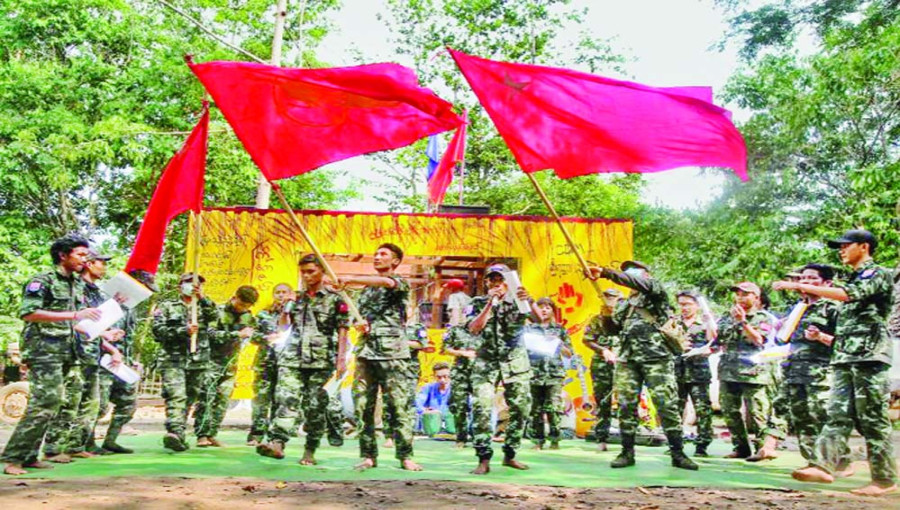

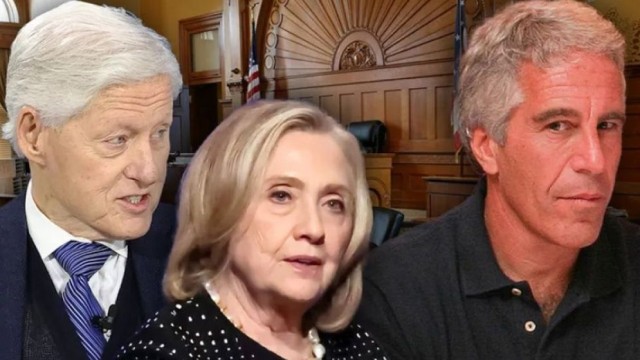
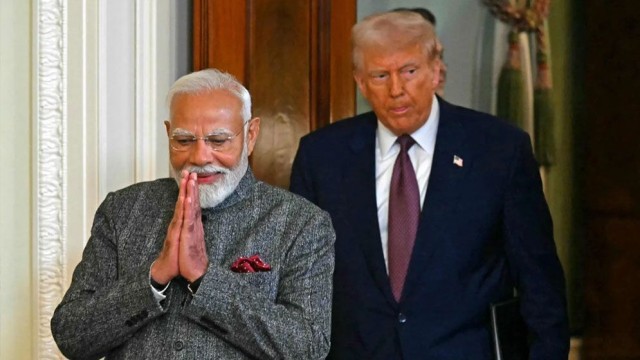


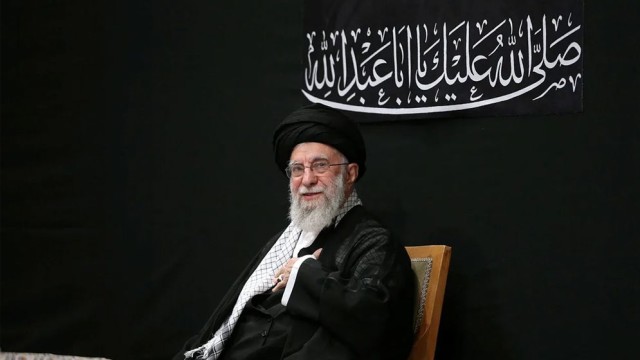

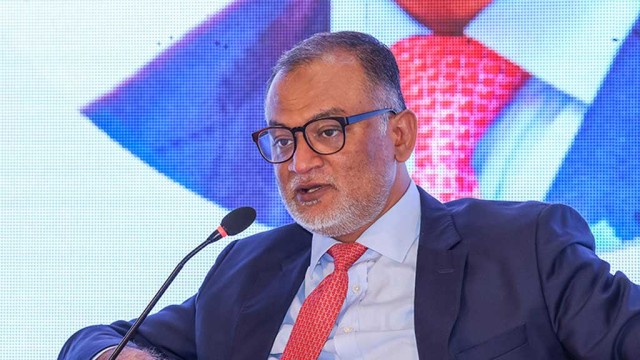



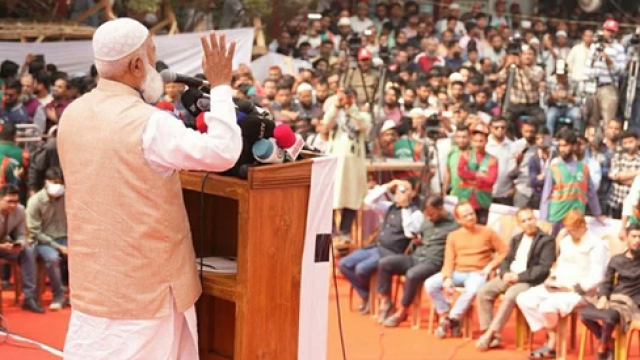

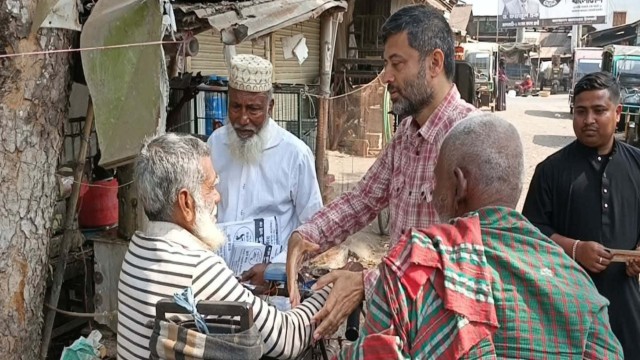

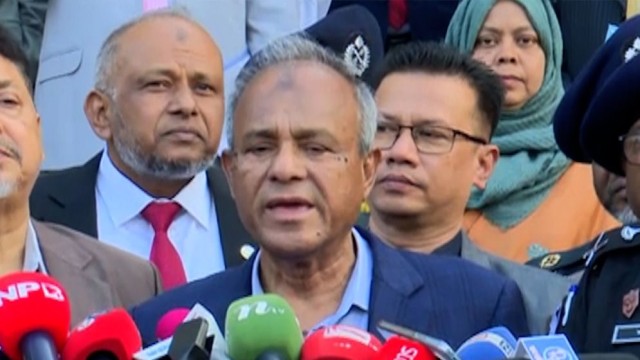











Comment: